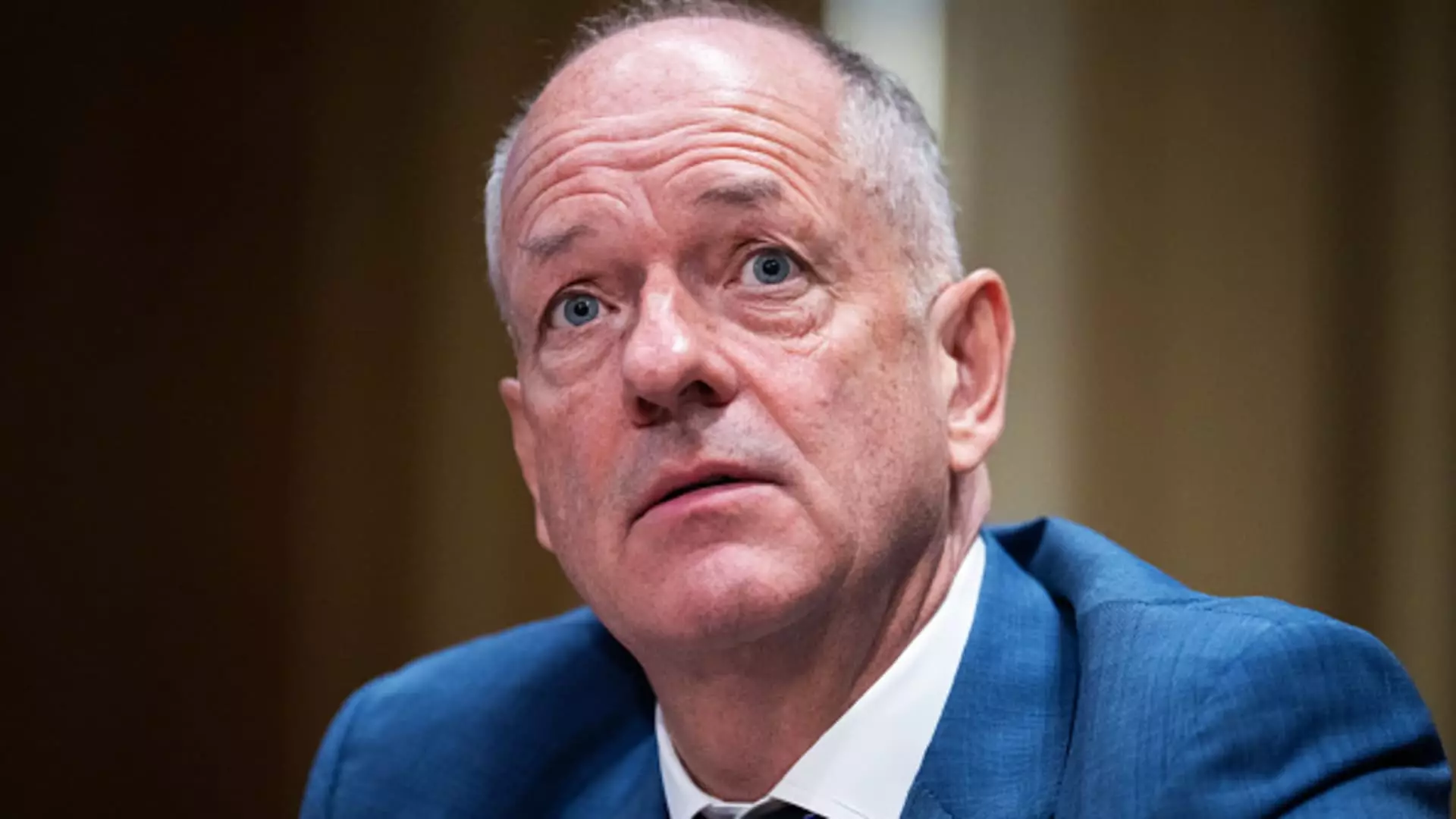The recent death of Brian Thompson, the former CEO of UnitedHealthcare, has sent shockwaves through the healthcare community and re-ignited a critical examination of the U.S. healthcare system. Andrew Witty, CEO of UnitedHealth Group, expressed his sorrow in a poignant opinion piece for the New York Times, reflecting on the complexities and inadequacies of American healthcare. He characterized the system as a “patchwork built over decades”—an observation that resonates with many who have navigated its convoluted pathways.
Witty’s candid acknowledgment that “the health system does not work as well as it should” resonates deeply with frustrations shared by countless Americans. He emphasized the need for reform, recognizing that no rational individual would have designed the current system in its existing form. This sentiment encapsulates the urgent call for change within not only UnitedHealth Group, but the broader healthcare landscape. The complexities of coverage, rising costs, and obscure terms have fostered rising distrust among patients, pushing them to share stories of their dissatisfaction on numerous platforms.
The Rising Tide of Anger and Resentment
The tragic incident surrounding Thompson’s death has underscored a long-standing resentment towards the insurance industry, often perceived as a key contributor to the high costs of healthcare. As details emerged about his untimely demise, the public’s outcry became palpable, painting insurers as villains in a narrative of overwhelming frustration. Terms like “denied claims,” “unexpected bills,” and “lack of transparency” have become hallmarks of the insurance experience, alienating patients from a system that seems increasingly distant from their needs.
Despite the negativity surrounding the industry, Witty remains optimistic about collaboration. He asserts that UnitedHealth Group is committed to partnering with various stakeholders—healthcare providers, governments, and patients—as a means to enhance the quality of care while managing costs effectively. The ongoing dialogue about accountability and transparency is essential in this pursuit. By addressing how decisions are made concerning coverage and claims, companies like UnitedHealth can begin to rebuild trust with their consumers.
Innovations in Patient-Centric Care
In tracing the legacy of Thompson, Witty acknowledges his contributions to helping patients navigate the complex healthcare system. The challenge lies ahead: developing easier pathways for patients and providing them with clear, comprehensible information about their coverage. By reforming communication strategies and focusing on what truly matters—the patient experience—there’s potential for a more humane and effective system to emerge.
Brian Thompson’s passing has become a symbol of the urgent need for reform in the American healthcare system. As leaders like Andrew Witty call for collaboration and transparency, it remains imperative for the industry to listen to the voices of those it serves. If indeed the mission is to create a more efficient and compassionate healthcare environment, then both profound change and a renewed commitment to patients must be at the forefront of this ongoing journey. Only then can a once fragmented system become a cohesive force for health and wellbeing.

